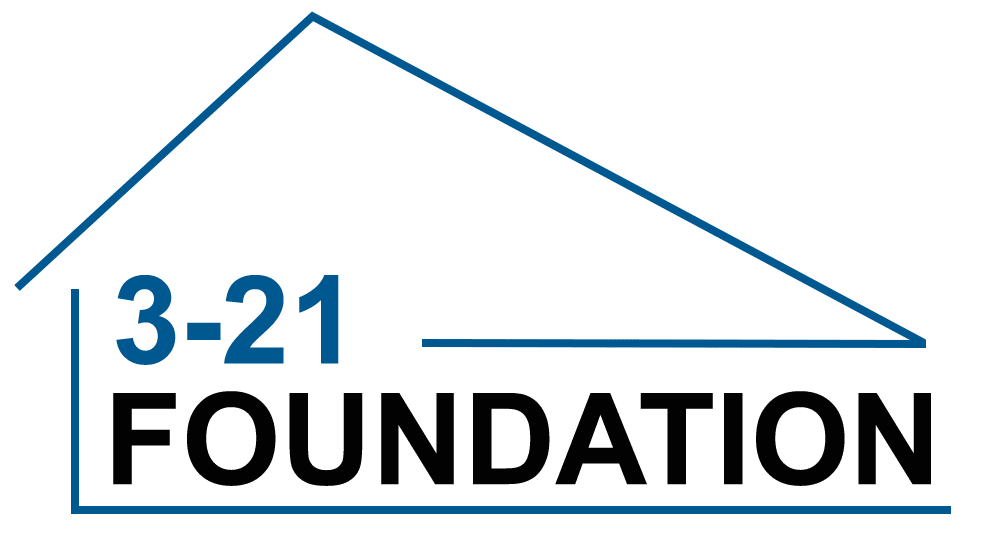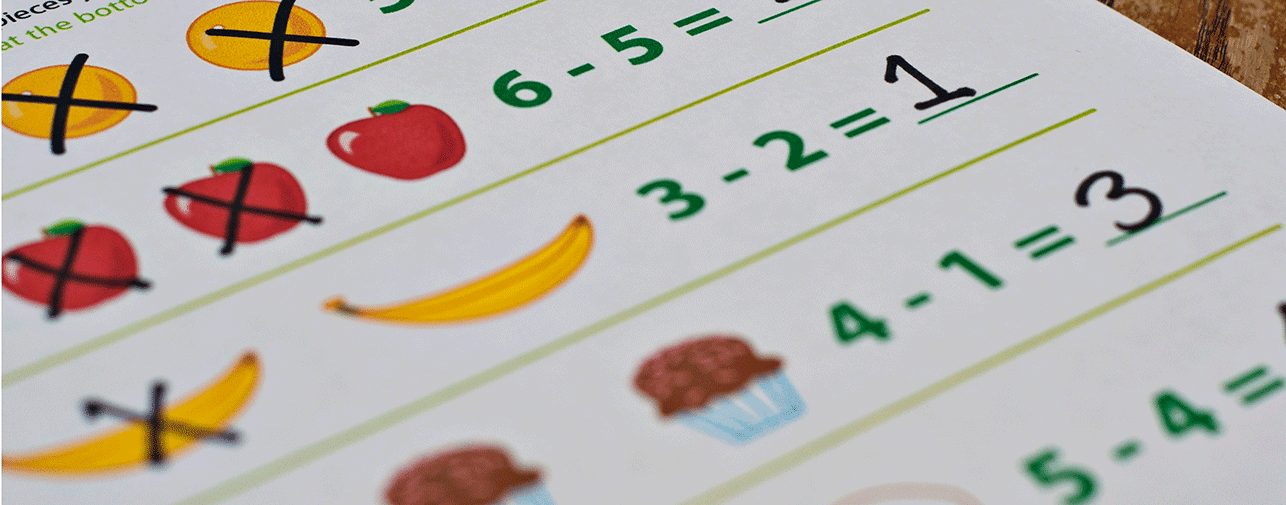Can we teach math through reading?
By Alex Lauric
Increasingly research is showing that a powerful way of connecting school mathematics to everyday life is by exposing children to the mathematics embedded in literature. We are talking about books of literary quality which were not written for the primary purpose of teaching math. Instead the books are supposed to provide a pleasurable literary experience with mathematics used to serve the story for authentic purposes. Children’s literature can provide children with a meaningful context for learning math, by connecting mathematical ideas to their personal experiences. Reading these stories can help build up informal knowledge to serve as a foundation for developing formal and generalized understanding of mathematics.
The question is can we apply this research to our children with Down syndrome? It may be worth trying; we have the need and the children have the strength for it.
For the need: Numeracy and math in general, are difficult for most children with Down syndrome. Because math is a relative weakness, children are at risk for becoming resistant to instruction for fear of failure and frustration. In most cases, in order to make progress and reach their potential, children need additional work and practice outside the school.
For the strength: Reading skills are an area of relative strength! Our children love books, love reading and are good at it. They are visual learners and master skills by repetition and over-learning. Can we channel the success in reading toward making math, especially numeracy skills, more accessible?
Reading can be a non-threatening way of introducing new concepts. The story provides the justification for pointing out mathematical ideas without formal teaching and testing. Books can be used both to preview and review skills, and can be revisited over and over again. Same skills can be presented in several books providing variation while focusing on targeted concepts. We are reading to our children anyway; why not pick up some good books highlighting math ideas? Here are some suggestions to get us started.
| Title | Author | Recommended grades |
Math concept |
| Bear in a Square | Stella Blackstone | PreK- K | 2d shapes |
| The First Day of Winter | Denise Fleming | PreK- K | counting, reasoning |
| One Monkey Too Many | Jackie F. Koller | PreK- K | counting |
| Sheep in a Shop | Nancy E. Shaw | PreK- 1 | money |
| Anno’s Counting Book | MitsumasaAnno | PreK- 3 | counting, sets |
| What Time is it, Mr. Crocodile? | Judy Sierra | PreK- 3 | time |
| Ten on the Sled | Kim Norman | K – 1 | counting |
| Emily’s First 100 Days of School | Rosemary Wells | K – 1 | counting |
| A Dollar for Penny! | Julie Glass | K – 1 | money |
| Five Little Monkeys Go Shopping | Eileen Christelow | K – 1 | counting subtraction |
| I’m the biggest thing in the ocean | Kevin Sherry | K – 2 | counting, length |
| Alexander, Who Used to Be Rich Last Sunday | Judith Viorst | K – 3 | money |
| Inch by Inch | Leo Lionny | K – 3 | measurement |
| Ready, Set, 100th day! | Nancy Wallace | 1 – 2 | place value, addition, subtraction |
| Counting on Frank | Rod Clement | 1 – 3 | counting, estimation, comparisons |
| Five Creatures | Emily Jenkins | 1 – 3 | sorting |
| One is a snail, ten is a crab | April P. Sayre | 1 – 3 | place value, addition |
| Two of Everything | Lily T. Hong | 1 – 3 | addition, subtraction |
| Bean Thirteen | Matthew McElligott | 1 – 3 | odd/even numbers |
| 365 Penguins | Jean-Luc Fromental | 1 – 4 | addition |
| It’s Probably Penny | LoreenLeedy | 1 – 4 | probability |
| Measuring Penny | LoreenLeedy | 2 – 4 | measurement |
Bibliography
1. Capraro RM, Capraro MM: Are you really going to read us a story? Learning geometry through children’s mathematics literature. Reading Psychology 27:21-36, 2006
2. Adams TL, Lowery RM: An Analysis of Children’s Strategies for Reading Mathematics. Reading & Writing Quarterly 23:161-177, 2007
3. Heuvel-Panhuizen Mvd, Boogaard Svd: Picture Books as an Impetus for Kindergartners’ Mathematical Thinking. Mathematical Thinking and Learning 10:341-373, 2008
4. Elia I, van den Heuvel‐Panhuizen M, Georgiou A: The role of pictures in picture books on children’s cognitive engagement with mathematics. European Early Childhood Education Research Journal 18:275-297, 2010
5. Marston JL, Muir T, Livy S: Can We Really Count on Frank? Teaching Children Mathematics 19:440-448, 2013



Leave a Reply
Want to join the discussion?Feel free to contribute!